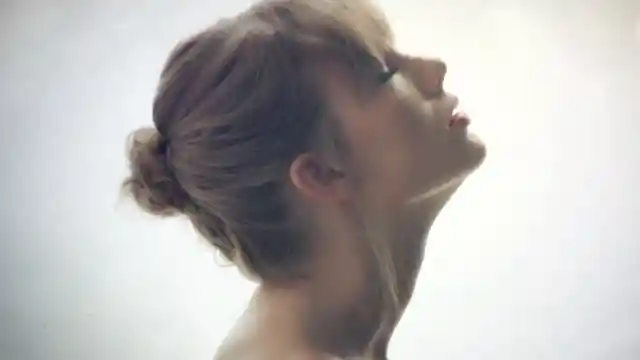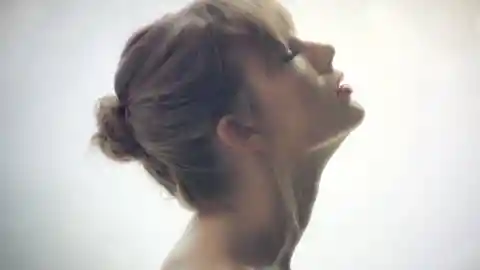

Taylor Swift responded this morning to accusations that have been circulating on social media that the pop icon is a “hypocrite.” Swift says that her critics are wrong.
Entertainment photographer Jason Sheldon penned an open letter to Swift earlier this week outlining the unfairness of a copyright contract she had previously forced him to sign, which has since disallowed Sheldon from making any money from his photographs of her performances. In his letter, Sheldon calls attention to Swift’s own recent declaration regarding copyright law. Readers might have noticed this topic trending in the media lately, and for good reason. The future of copyright practices for artists in the digital age is in the balance.
Ever since the explosion of media attention surrounding Swift’s statement on Sunday, via Tumblr, explaining her decision to withhold her album 1989 from tech-giant Apple’s new streaming service, Apple Music, a lot of opinions have been getting slung around the internet. Many music fans are insisting that Taylor Swift is a hero who stands for indie artists everywhere. Others are countering that she is merely a shrewd businesswoman. And there is yet another faction of industry experts and internet commentators who are calling Taylor Swift a hypocrite because she claims to represent the interests of small artists, but in reality she is exploiting the theater of the situation for her own publicity purposes, and sweeping a few little guys under the rug in the process.
The essence of Swift’s Tumblr post was that she objected to Apple’s decision to not pay musicians during the three-month trial period of its new streaming service. Her statement immediately went viral, and she has been lauded for the bravery it took to publicly criticize such a powerful technology player on social media. On the other hand, some critics have pointed, this whole performance is working out tremendously in her favor. And, detractors argue, this detail about the disagreement with photographer Jason Sheldon is especially illuminating.
Swift is not the first mega-entertainer to require photographers to hand over the rights to their photos. Lady Gaga made headlines in 2011 for doing the same thing, however, most photographers choose not to complain about such contracts for fear of being blacklisted by celebrities and denied access to events. Meanwhile, other sources continue to applaud Swift’s business tactics.